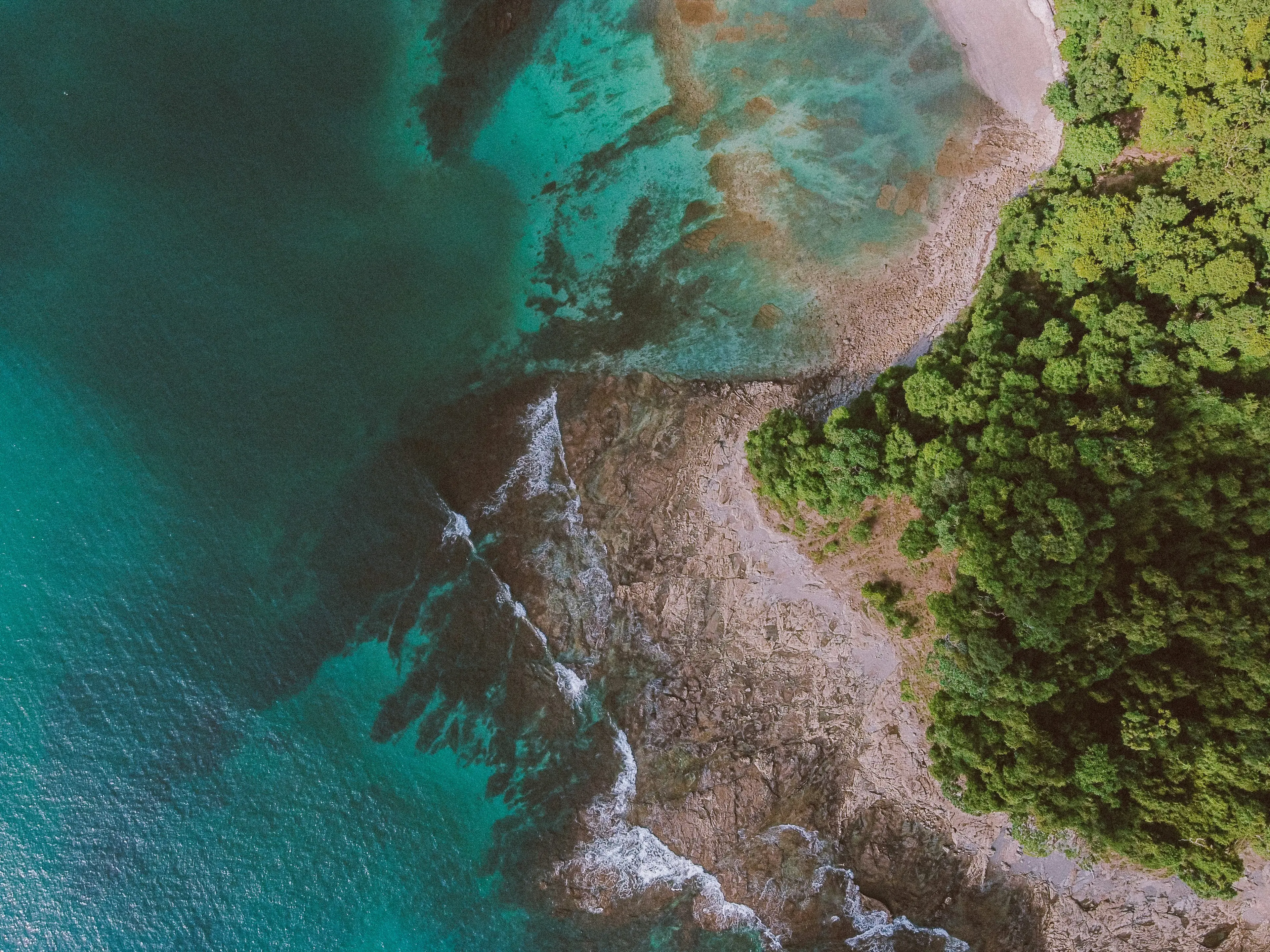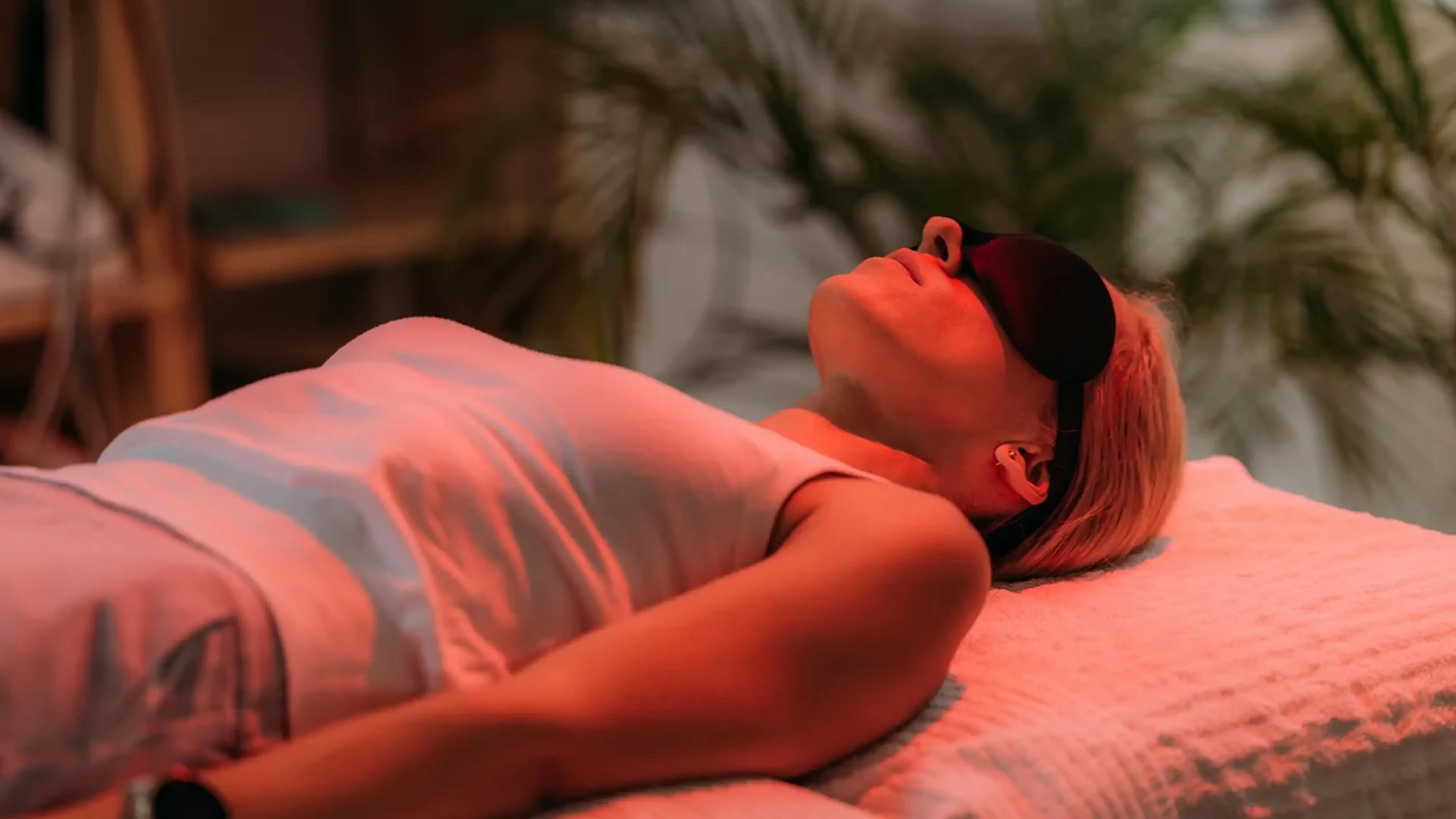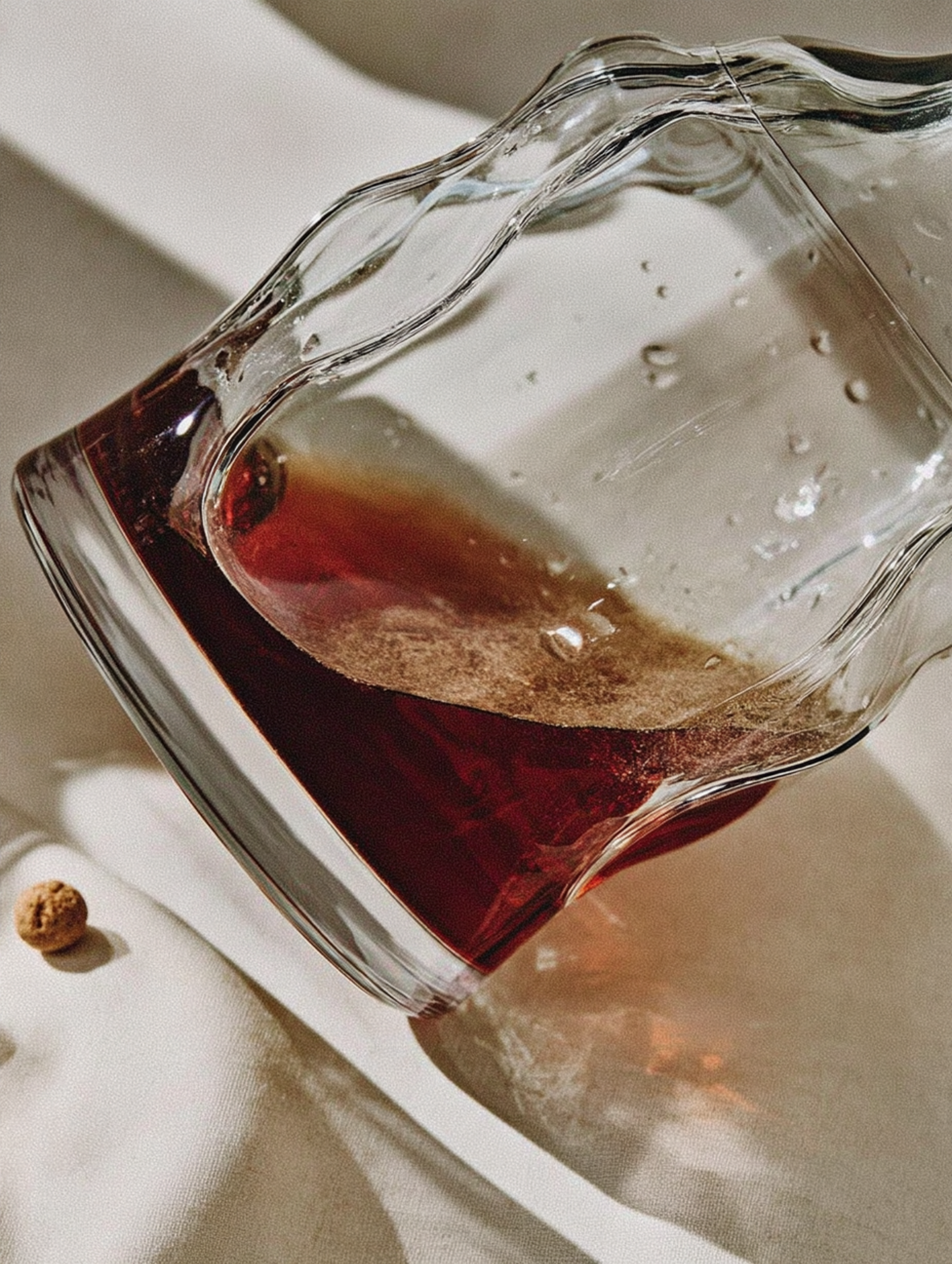
Trends & Insights
1 Jan 2024
6 Min Read
Hacking Longevity in Wellness Hospitality
Unpicking longevity drivers and the cohorts they push within a wider reconnaissance of wellness hospitality.



Trends & Insights

Retail & Luxury Goods
4 Sept 2025
9 min read

News
5 May 2025
3 min read

News
17 May 2024
2 min read

Trends & Insights
1 Jan 2024
6 Min Read
Unpicking longevity drivers and the cohorts they push within a wider reconnaissance of wellness hospitality.



Trends & Insights